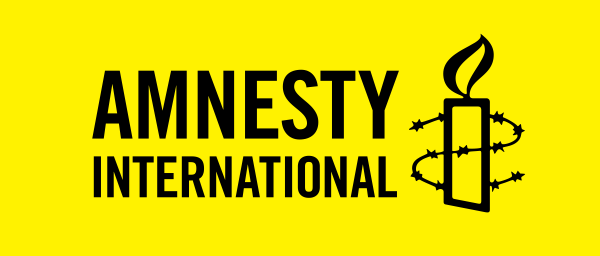Prisoners Granted Family Visits, Still Have Limited Access to Medical Care
Článek
Svoboda slova a vězni svědomí Bahrajn publikován 3.3.2014
Dr ’Abdel-Jalil al-Singace and Hassan Mshaima’ have been granted family visits, on 22 and 26 January respectively. They were granted these visits, the first either of them had received in 10 months, even though they were still refusing to wear the prison uniform.
The 13 opposition activists still have no access to specialized medical care. Hassan Mshaima’ told his family that although a private medical consultant had been looking at his medical files, he has not been allowed to advise on the treatment needed. Hassan Mshaima’ added that for the past six months he had not had access to a Computerised Tomography (CT) scan to check on whether his cancer had returned, and that he should have had this check every two months. Hassan Mshaima’ called his family on 27 January to say that the prison authorities had told the 13 men that they would no longer supply them with medications needed to treat their conditions and that this would be their families’ responsibility. He also said that the 13 men were objecting to this decision, on the grounds that medication and medical treatment were an accepted right for any prisoner.
In mid-March 2013 the 13 men had refused to wear the prison uniform on the grounds that to do so would be to admit criminality and their families had been prevented from visiting them because the prisoners were "refusing prison instructions". Eleven of them started wearing it in mid-July, and were then allowed family visits, but Dr ’Abdel-Jalil al-Singace and Hassan Mshaima’ continued to refuse to do so.
’Abdullah al-Mahrous, also known as Sheikh Mirza al-Mahrous, was allowed leave from prison on 16 January, to go to his wife’s funeral. The authorities had refused to allow him to visit her in hospital although he made several requests.
At the beginning of January, ’Abdulhadi Al-Khawaja and his brother, Salah ’Abdullah Hubail Al-Khawaja, visited Zainab Al-Khawaja in prison. According to ’Abdulhadi Al-Khawaja’s wife, Khadija Moussawi, this was the first visit in a long time.
Aktuální petice
Doživotně odsouzený obránce lidských práv má vážné zdravotní problémy. Pomůžete?
Abdulhádí Chavádža je významný obránce lidských práv z Bahrajnu. V roce 2011 byl kvůli svým aktivitám odsouzen k doživotnímu trestu vězení. Ve vězení má vážné zdravotní problémy a je mu odpírán kontakt s dcerami. Abdulhádí Chavádža je vězněm svědomí a měl být okamžitě a bezpodmínečně propuštěn.
Aktuální počet podpisů: 1634 Náš cíl: 3000
Další zprávy
© Amnesty International
